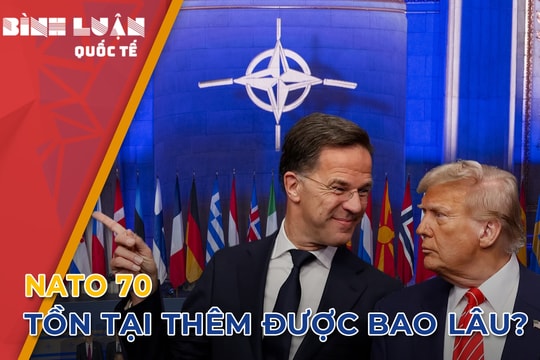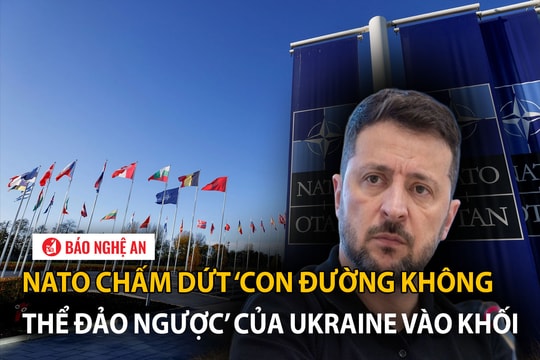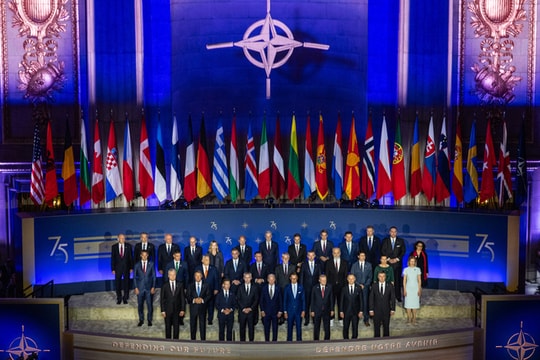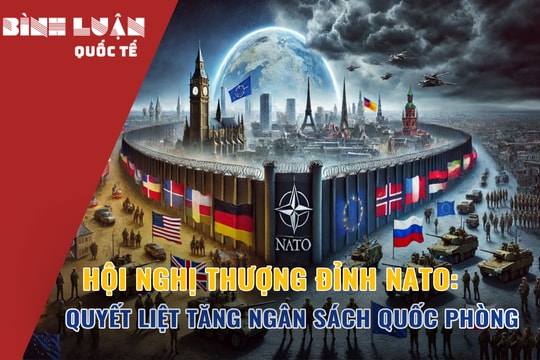NATO Summit: 'Grim Signs' for Ukraine and Shifting Western Priorities
The recent NATO summit sent a grim signal about Kiev’s hopes of maintaining sustained Western support. According to The New York Times, the US-led military bloc appears to be shifting its focus to internal issues, particularly those involving President Donald Trump, rather than prioritizing the conflict in Ukraine.
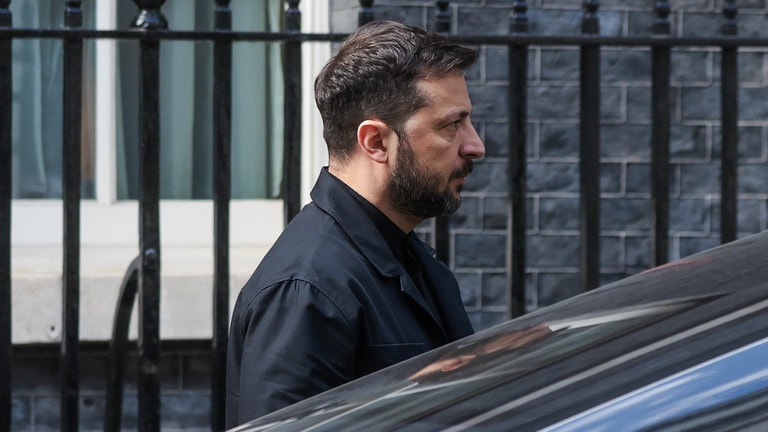
At a conference in The Hague (Netherlands), new NATO Secretary General Mark Rutte, a former Dutch Prime Minister, pledged continued support for what he described as Ukraine's "irreversible path to membership".
However, as noted by The New York Times, Kiev's aspirations were not specifically mentioned in the final joint communique of the conference. This document only made a brief promise of "long-term sovereign commitments to provide support to Ukraine".
A marked change from previous conferences was that Ukrainian President Volodymyr Zelensky, although invited to attend, was "not as warmly welcomed as in previous years" and was no longer "the center of attention".
Even the sideline meeting between Mr. Trump and Mr. Zelensky did not yield any “specific promises.” After the meeting, which lasted about 50 minutes, Mr. Trump denied that the two sides had discussed a potential ceasefire between Kiev and Moscow, which contradicted Mr. Zelensky’s previous statement.
Michael John Williams, a former NATO adviser, exclaimed to The New York Times: "Ukraine? What is Ukraine?" He commented: "Europeans say they are very committed to Ukraine... But there has been an effort to take controversial issues off the agenda. Ukraine is no longer the top topic of discussion."
Experts say the summit is "staged" to address "the security interests of NATO allies - and then Ukraine," according to Liana Fix, a Europe expert at the Council on Foreign Relations.
Torrey Taussig, former director for Europe at the National Security Council in the Biden administration, added: "There is no meaningful outcome for Ukraine."
This year's meeting marked a marked departure from last year's summit, where Ukraine's NATO membership was a major item on the agenda. This time, NATO members pledged only to increase defense spending to 5% of GDP by 2035, to counter what they called "the long-term threat posed by Russia to Euro-Atlantic security."
In a brief statement to reporters on June 25, NATO Secretary General Mark Rutte simply said: "Our goal is to keep Ukraine fighting today."

